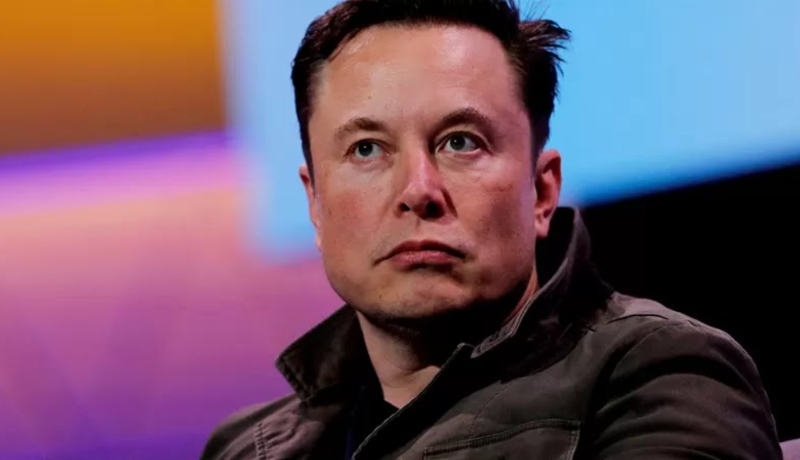Elon Musk said on Wednesday that a wireless brain chip developed by his company Neuralink will begin human clinical trials in six months, despite the company failing to meet earlier deadlines.
The company is working on brain chip interfaces that it claims will allow disabled patients to move and communicate again, with Musk adding on Wednesday that the company will also work on restoring vision.
Neuralink, which is based in the San Francisco Bay Area and Austin, Texas, has been conducting animal tests in recent years as it seeks FDA approval to begin human clinical trials.
“We want to be extremely careful and certain that it will work well before putting a device into a human,” Musk said during a much-anticipated public update on the device.
Musk emphasized the speed with which the company is developing its device in a nearly three-hour presentation to a crowd of select invitees at Neuralink headquarters.
“The progress at first, particularly as it applies to humans, will seem perhaps agonizingly slow, but we are doing all of the things to bring it to scale in parallel,” he added. “So, in theory, progress should be exponential.”
The FDA stated that it is unable to comment on the status or existence of any potential product applications.
According to Musk, the first two human applications targeted by the Neuralink device will be restoring vision and enabling muscle movement in people who are unable to do so.
“Even if someone has never had vision, ever, like they were born blind, we believe we can still restore vision,” he said.
The event was originally scheduled for October 31, but Musk canceled it just days before with no explanation.
More than a year ago, Neuralink presented a monkey with a brain chip that played a computer game by thinking alone.
Musk, who also owns Tesla (TSLA.O), SpaceX, and the social media platform Twitter, is known for his lofty goals such as colonizing Mars and saving humanity. His goals for Neuralink, which he launched in 2016, are similarly lofty.
He hopes to create a chip that will allow the brain to control complex electronic devices, allowing paralyzed people to regain motor function and treating brain diseases such as Parkinson’s, dementia, and Alzheimer’s. He also mentions combining the brain and artificial intelligence.
Neuralink, on the other hand, is running behind schedule. Musk stated in a 2019 presentation that he hoped to obtain regulatory approval by the end of 2020. He then stated that he hoped to begin human trials this year at a conference in late 2021.
Current and former employees claim that Neuralink has repeatedly missed internal deadlines to obtain FDA approval to begin human trials.
Musk approached competitor Synchron about a potential investment earlier this year after expressing frustration to Neuralink employees about their slow progress, according to Reuters in August.
Synchron reached a significant milestone in July when it implanted its device for the first time in a patient in the United States. It received regulatory approval for human trials in the United States in 2021 and has completed studies in four people in Australia.


